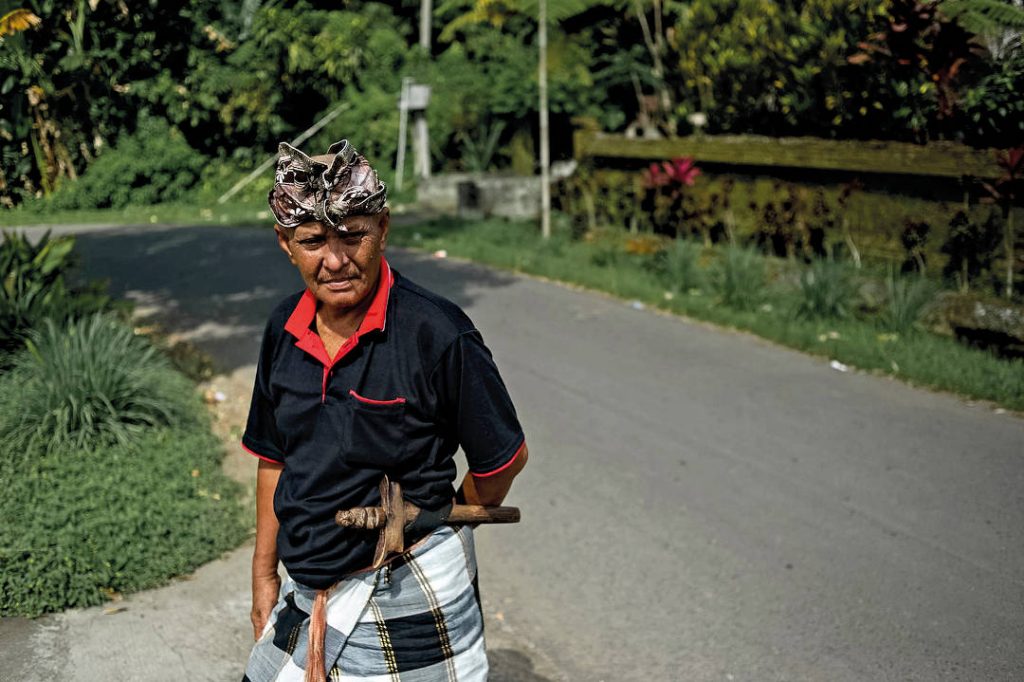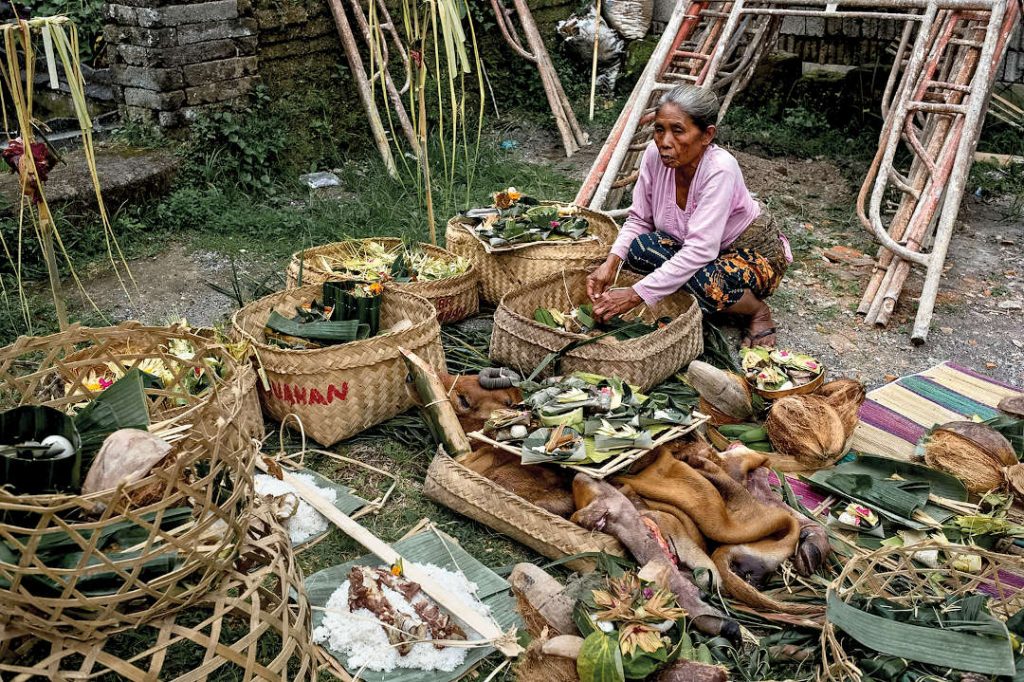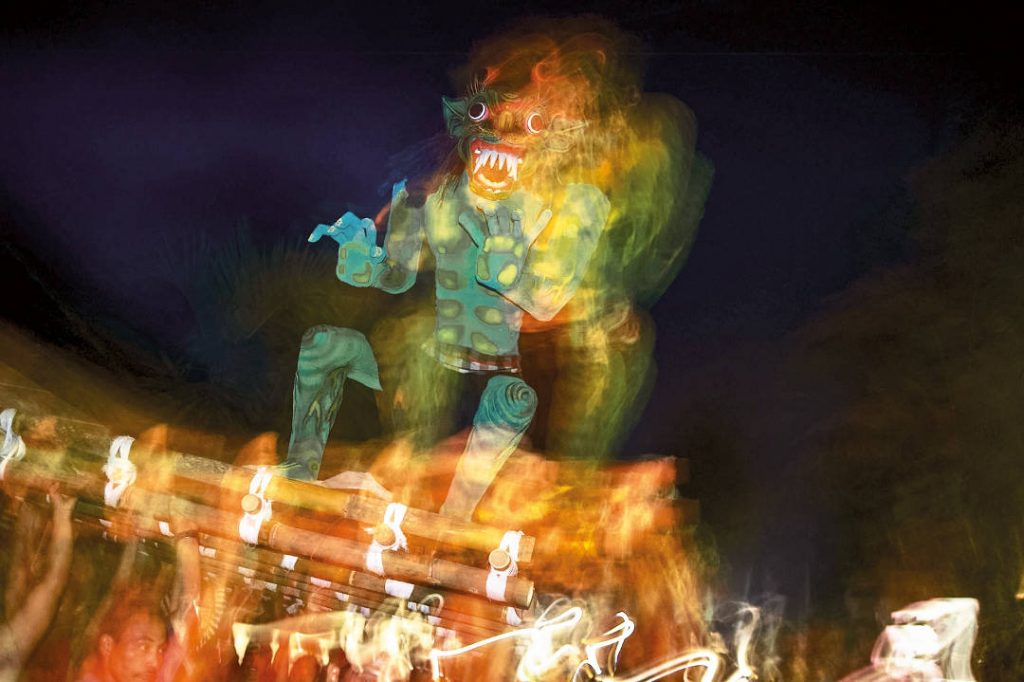In Buahan, a village north of Ubud, a rare custom takes place whereby the community don’t only celebrate the official Nyepi, the day of silence, but celebrate a second Nyepi called Nyepi Kasa.
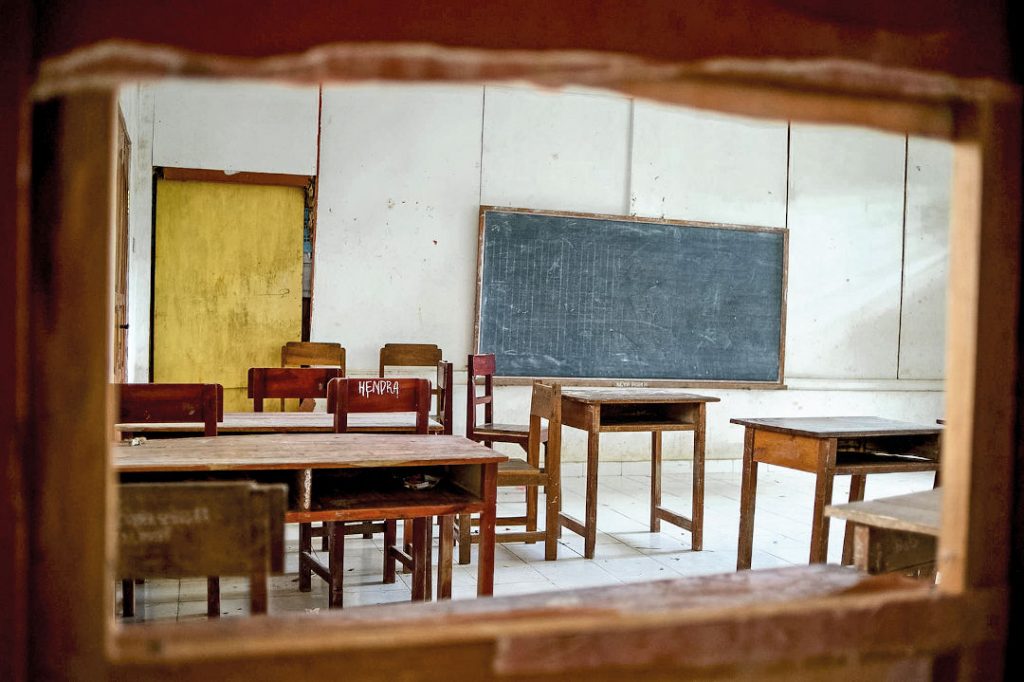
Nyepi literally means to be silent and Kasa means the first month in Balinese calendar. It’s the second celebration of Nyepi held by the Buahan village in Payangan subdistrict, Gianyar Regency – this is separate from the island-wide celebrated Nyepi at Tilem Kasanga, the ninth month in the Balinese calendar.
There isn’t much history of this village’s first Nyepi Kasa, nothing is reacorded in detail, but the story has been told through the generations.
There was a grubug, or disaster, that made people sick, suffer from unfortunate circumstances and even die. Local residents then took the initiative to plead to their deities who reside in the Kahyangan Tiga Temple to help them be free of this grubug. If the request was granted by the gods, the people of Buahan village would commit to the annual ritual of Nyepi Kasa, held once a year after Tilem Kasa (tilem is the beginning of a new moon, considered to be a sacred day by Balinese Hindu).
Tilem Kasa follows the same rites as the regular Nyepi – Bali’s day of silence – whereby people are expected to implement the four rules as a form of meditation, called Catur Brata Penyepian (Catur means four, Brata means meditation and Penyepian literally means to silent). Amati Geni: no fire and light, Amati Karya: no working, Amati Lelungan: no traveling, Amati Lelanguan: no entertainment.
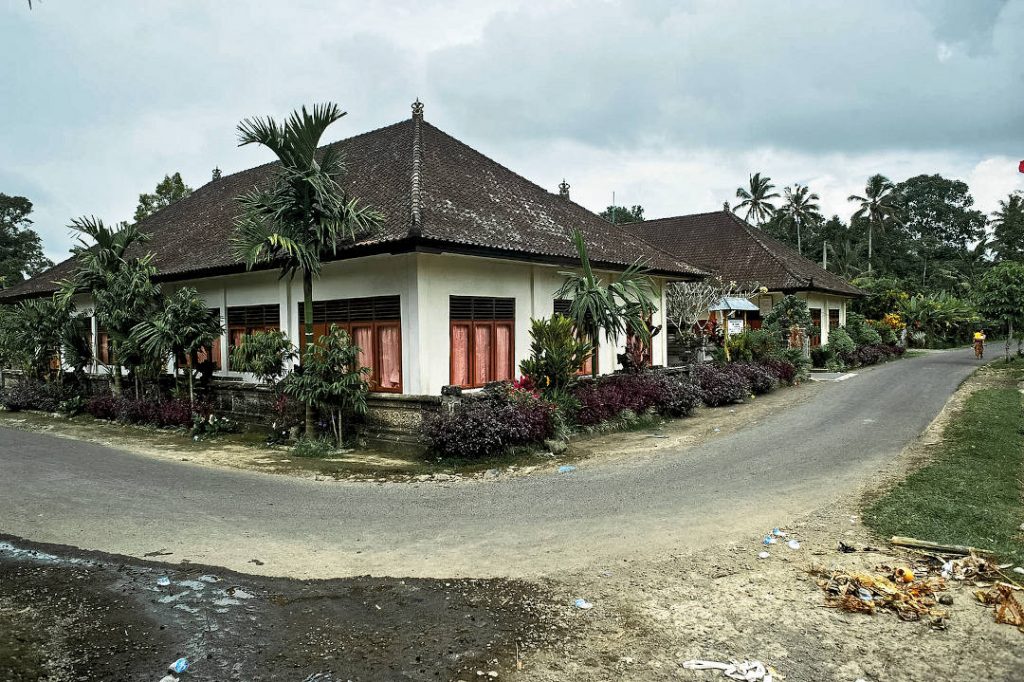
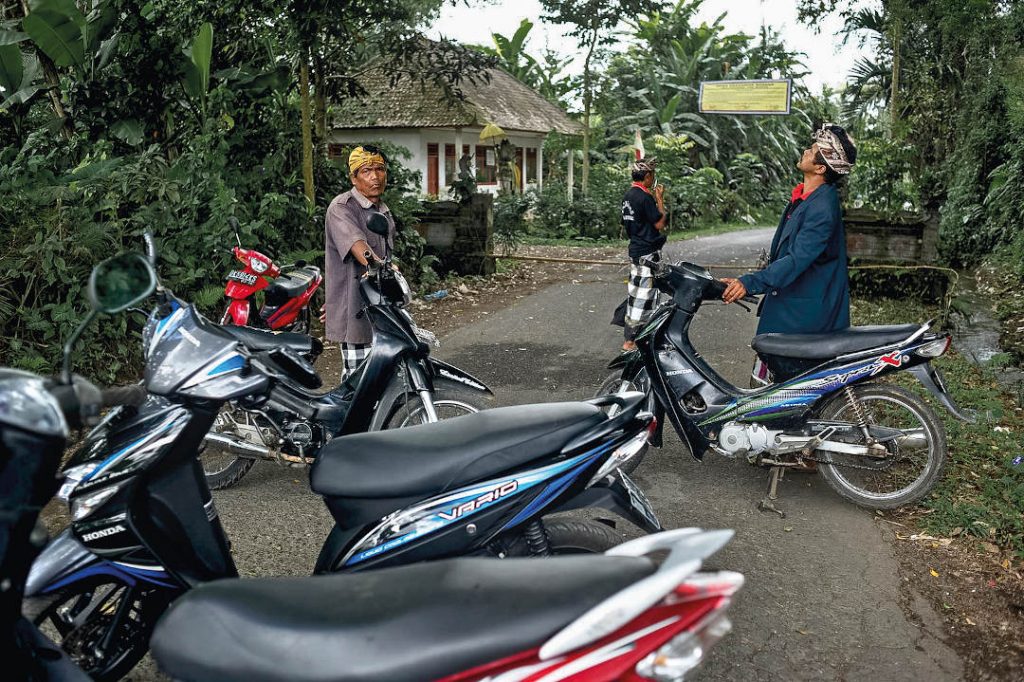
In short, we take a step back from the hustle and bustle of everyday life and commit to a day of self-introspection. In urgent circumstance, residents are allowed to use vehicles to escort a sick family, or to walk out of the house for those who travel to school from outside the village.
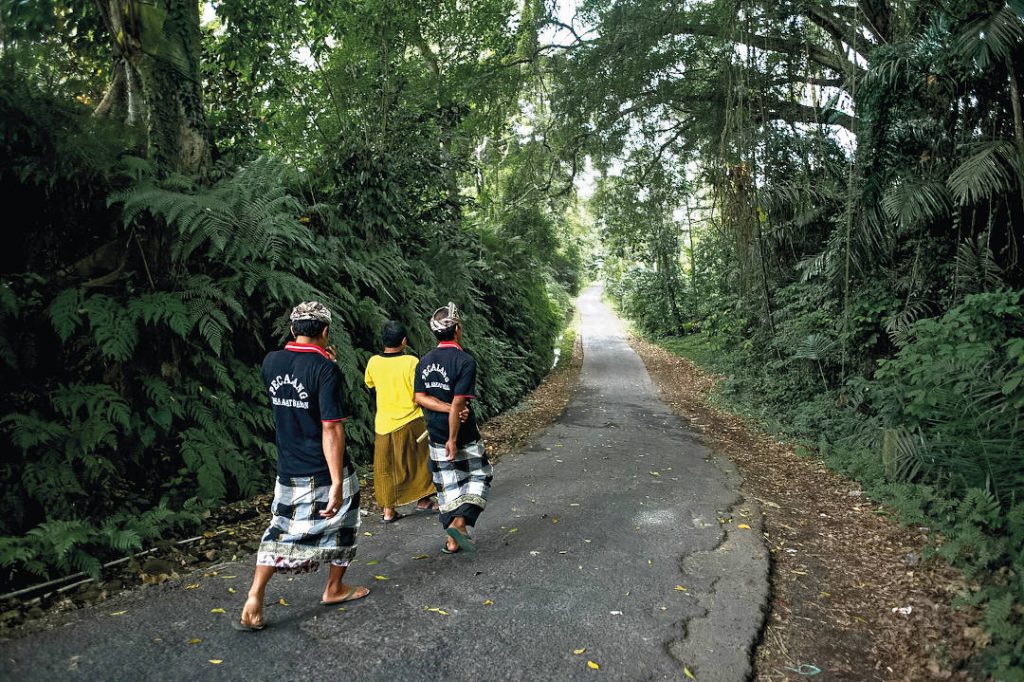
Since this is only implemented in one village, they have to close the main road to the village and assign the pecalang, traditional Balinese community guards, in every corner of the village. Nyepi Kasa starts from sunrise and ends when the sun goes down and people can see the stars in the sky, approx 12 hours duration. Unlike the common Nyepi that happens for 24 hours from sunrise at 6AM to 6AM on the next day.
Another differences of Nyepi Kasa is seen from the ritual a day before. Residents sacrifice a stabbed calf, allowing it to walk whilst shedding its blood all the way to the temple as a form of village purification. Then the meat of the calf will later be distributed to around 345 Buahan village families.
Wayan Mudiarta, one of the residents said that there are fears among the residents that this unique ritual might be lost, as the road to their village is the connection Kintamani, Bangli Regency. There is an alternative route, but the road condition isn’t good.
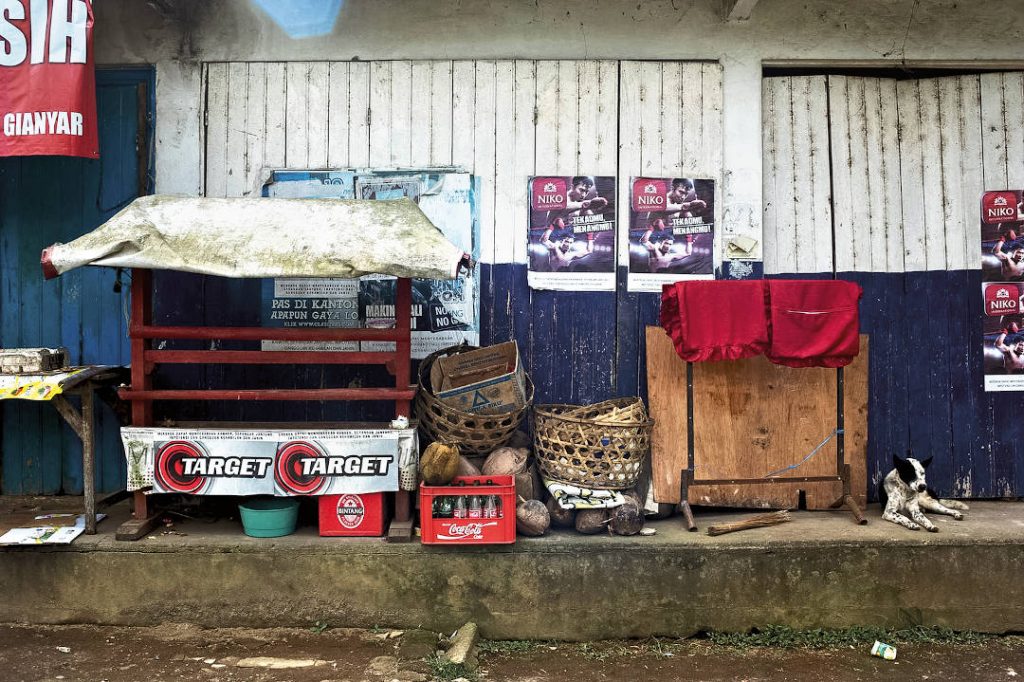
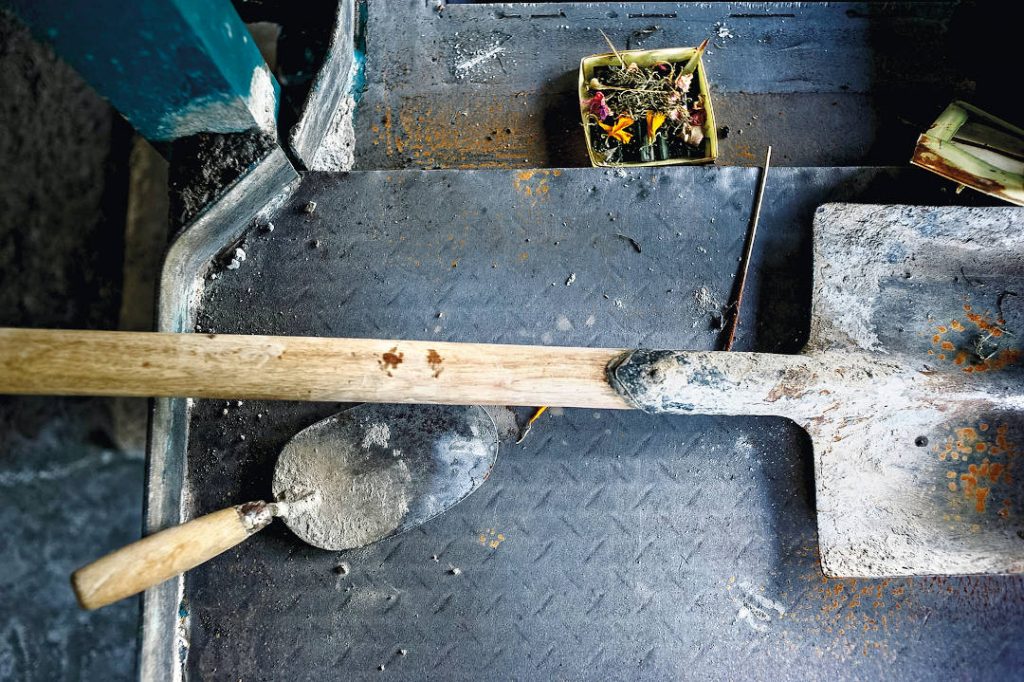
Nyepi, despite being an ancient tradition, has succeeded even to inspire The United Nations, who have created ‘World Silent Day’, held every 21 March. Nyepi helped to reduce carbon dioxide emissions in Indonesia by approximately 20.000 tonnes, it saves 60% of electricity, or 290 megawatts, which is valued at around IDR 4 Billion. Nyepi has also helped to save fuel, up to 500.000 litres of diesel, equivalent to IDR 3 Billion, as a result of the closure of two power plants in Pemaron and Gilimanuk, Bali. In the end, everyone needs a break, be it a village, an island or the world, from the hustle of modern life.

